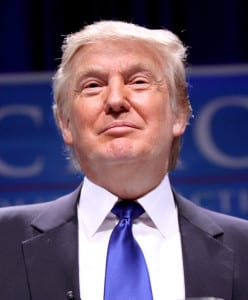
According to two different polls released this past week, even though Utah voters have a higher favorable rating of Hillary Clinton over Donald Trump when compared with 22 other potential candidates, if the 2016 presidential election were held today and the only choice was between Trump and Clinton, Trump would win Utah.
The two polls in question were the Utah Voter Poll, which was conducted by the Brigham Young University Center Of Elections and Democracy, and a poll conducted by Dan Jones & Associates, with the results being reported at UtahPolicy.com. Because the two polls had different questions, the totals came out differently, but the overall result was Trump beating Clinton in a head-to-head matchup.
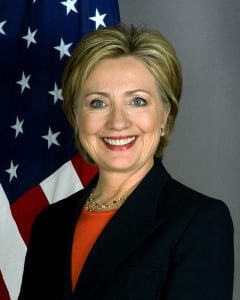
The UtahPolicy poll surveyed 500 voters online, with a margin of error of +/- 4.99 percent. This poll asked respondents whom they would vote for between Trump, Clinton, or “Other” if the election were held today, and the results were 38 percent for Trump, 29 percent for Clinton, 29 percent for “Other,” and 3 percent saying they didn’t know.
An informal online survey conducted by The Independent offering respondents the same three choices produced similar results as far as the named candidates were concerned. While the sample size was smaller than the UtahPolicy.com poll, the results showed 22 percent expressing support for Trump compared to 13 percent for Clinton. However, 66 percent of respondents chose “Other.” Several comments on the Independent’s Facebook page posting of the poll expressed support for Bernie Sanders.
According to the UtahPolicy.com poll, while Trump beat Clinton by nine points in a head-to-head matchup, in a different question, 49 percent of respondents did not support Trump as the GOP nominee, and 62 percent said they would not vote for him if he ran on a third party ticket.
The poll also showed that support for Trump is highest among those who identified themselves as Tea Party members, with 59 percent choosing Trump, 4 percent backing Clinton, and 35 percent reporting they would support another candidate. Among independents, however, Clinton showed stronger support, edging out Trump 31 percent to 28 percent, with 37 percent choosing to support another choice. Non-Tea Party voters sided with Clinton over Trump by two points at 35 percent to 33 percent, with 28 percent saying they would vote for someone else.
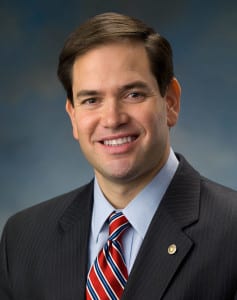
BYU sampled 1,311 respondents, comprised of voters identified during the 2004, 2006, 2008, 2010, 2012, and 2014 elections, and when asked for their opinion of all candidates who have announced their intention to run, 28 percent of respondents reported a “favorable opinion” of Clinton to Trump’s 22 percent.
The highest favorable rating out of the 22 candidates listed went to Marco Rubio, garnering 46 percent favorable, with former Virginia Republican Governor Jim Gilmore having the lowest favorable rating of 2 percent. However, this wasn’t the result of a large unfavorable opinion, as 83 percent responded either “Never Heard Of” or “No Opinion” for Gilmore. This was not the case for Trump or Clinton. Compared with his 22 percent favorable rating, Trump scored 73 percent unfavorable, with 5 percent stating “No Opinion.” Clinton’s 28 percent favorable rating corresponded to 69 percent unfavorable and 3 percent with no opinion.
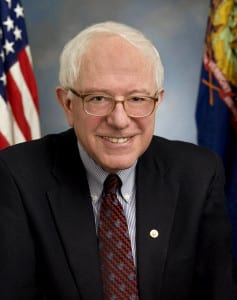
Self-proclaimed Democratic Socialist candidate Bernie Sanders of Vermont polled at 33 favorable to 36 unfavorable, with 14 percent having never heard of him and 18 percent having no opinion, giving him a higher overall favorable rating than either Trump or Clinton in the traditionally Republican state.
However, when respondents to the BYU poll were asked the same question about the election being held today and given the choice between Trump or Clinton—without the “Other” option offered by the UtahPolicy poll—Utah voters chose Trump over Clinton 54 percent to 46 percent.
Of those surveyed in the BYU study, 30 percent identified as anywhere from “Independent leaning Democrat” to “Strong Democrat,” and 55 percent identified as “Independent leaning Republican” to “Strong Republican.” Those who identified as Independent with no leaning made up 9 percent of the respondents, with 6 percent saying they either didn’t know or choosing “other.”
The survey respondents were made up of a wide range of socio-economic, religious, and educational backgrounds, but their identities were closely reflective of the makeup of the state. The one area where the respondents did not align with the population was in the number of those who reported having either an undergraduate or graduate degree. Seventy-one percent of respondents reported having earned a degree beyond high school, while the U.S. Census Bureau reports that only 28.5 percent of Utah residents over the age of 25 have a degree. Because the poll was conducted online, there is a tendency for results to show higher education and income levels from respondents, so the researchers used a method called wheel weighting to adjust for these factors.

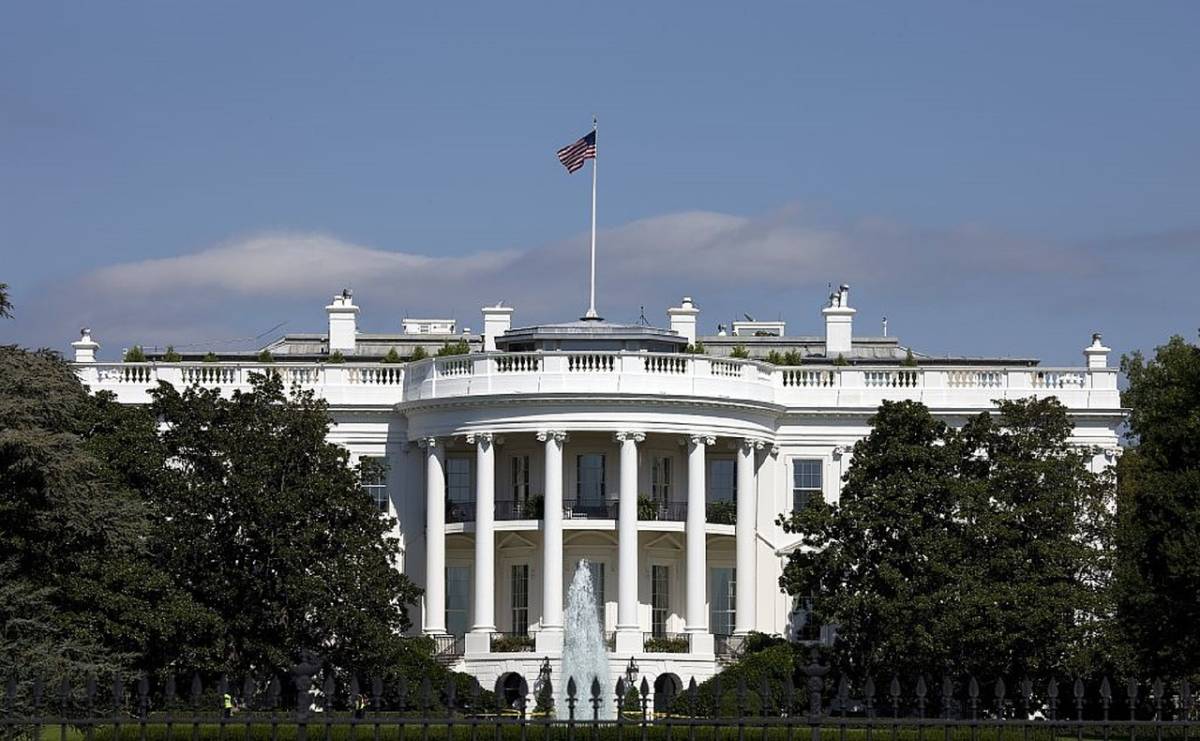



If Clinton is the Democratic nominee then because of the Electoral College an individuals vote in Utah really won’t matter in 2016.